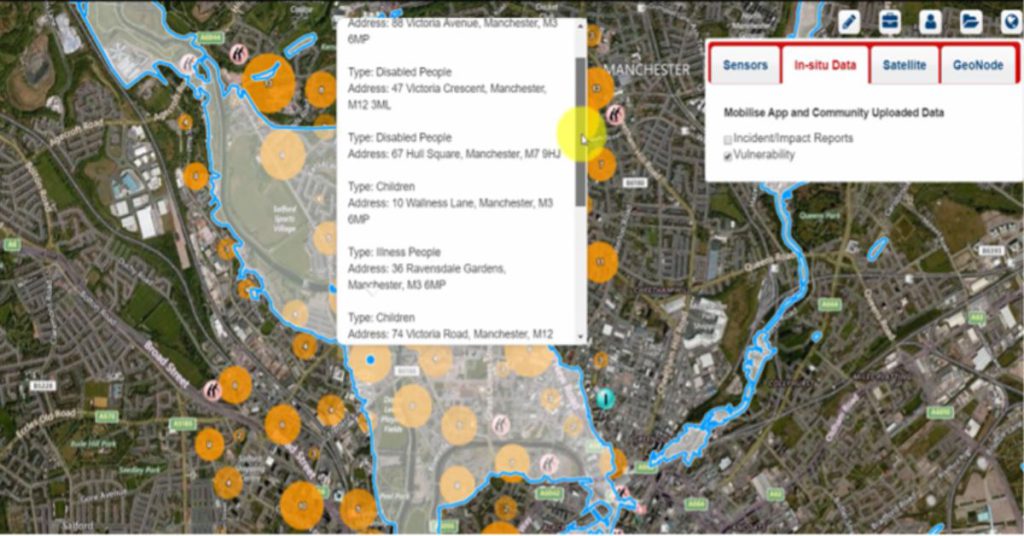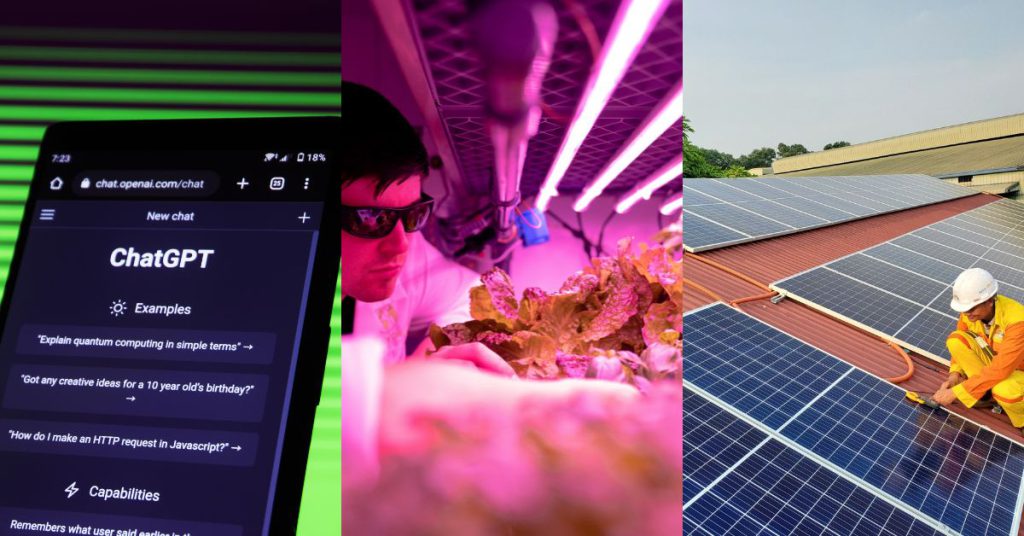The term “deeptech” has been gaining popularity in the startup scene in the past few years.
A Future Market Insights report stated that the deeptech market revenue totalled US$431 million in 2021, and is expected to reach US$3,788 million by 2032.
I first got acquainted with the term at a local tech conference. Admittedly, my only understanding of it came from the panel speakers of VCs referencing case studies like Elon Musk’s SpaceX, climate-based startups, the blockchain, and… quantum computing?
So here I am now, researching and writing an explainer piece to learn about what deeptech encompasses, and if there are any Malaysian startups operating in this space.
Down to the definition
Simply put, deeptech refers to a category of startups that create technologies based on scientific breakthroughs and engineering innovations.
Deeptech startups often aim to solve difficult problems in healthcare, energy, and transportation, to name a few. They also have the potential to disrupt entire industries.
Think using computer vision to guide self-driving cars, AI to forecast earthquakes, and clean energy solutions to curb global warming as some examples.
Did you know: Deeptech is a term coined by Swati Chaturvedi, the founder and CEO of the US-based online investment platform Propel(x) connecting early-stage deeptech companies with investors.
These companies tend to generate valuable intellectual property (IP), and their products and services are hard to reproduce.
More often than not, the use of AI, IoT, robotics, blockchain, biotech, AR/VR, quantum computing, and the like, are tools required in getting these startups to their goal.

The term deeptech is intended to set it aside from its opposite, shallowtech, which is a relatively simple tech advancement like digitalising a business’s processes. For example, a bookshop offering e-books for digital download.
High investments in time and money
Entrepreneurs in deeptech generally require pretty intense R&D and funding to bring their tech to market.
But because most deeptech companies are built around fundamentally new and unproven technology, they carry higher risks that can only be eliminated much later in the process.

This makes it no surprise then that initial funding can be a struggle due to their startup’s complex nature.
From an investor’s perspective (especially early-stage ones), it can be difficult to understand the potential of a deeptech startup, as they often need large investments over a longer term before they even start seeing any returns.
Commercial success can also take longer since these disruptive technologies need time to build an ecosystem in the market, and an even longer time for market adoption.
The good news is, when they do get to market, it’s tough for competitors to replicate what they’ve done.
They’ll likely rewrite the rules and make other businesses irrelevant. Examples of success stories include the ecosystems of Google and Apple.
Ultimately, founders need to be aware of the risks and rewards of operating in the deeptech space, and must be willing to pivot and repivot based on market and customer feedback.
Investors should also be prepared for this before backing the company and supporting the entrepreneurs as they navigate through the challenges of building a successful deeptech company.
What are the Malaysian companies involved in deeptech?
Deeptech companies fundamentally carry a technology-first approach. Their founders have typically developed a novel technology or IP as part of their PhD thesis, or postdoc work in search of a real-world problem to solve.
As the characteristics of a deeptech startup involve companies solving difficult global problems with scientific breakthroughs, my research has led me to learn that Vulcan Post has actually featured quite a number of these startups.
One example is BoomGrow, a company growing and delivering pesticide-free greens via their indoor, tech-driven vertical farms utilising 5G, AI, machine learning, and data analytics.
KANZU Research (KANZU) can also be considered another deeptech company in Malaysia. They’ve used their geotagging technology in the nation’s 2022 flood relief efforts to identify the locations of victims.

Meanwhile, DATA8 uses blockchain technology to store patient data from local hospitals for easy transferability and documentation.
Then, there’s Spacein Sdn Bhd (Spacein), a company that develops small satellites for IoT applications in farms, so that workers can monitor plantations autonomously, and from a distance.
SOLs Energy is another example. The company is a provider and installer of solar power and electric vehicle chargers in residential homes and businesses around the country.

Local support for deeptech funding, research, and growth
To grow and foster more deeptech startups in Malaysia, the Ministry of Science, Technology, and Innovation (MOSTI) actually has a dedicated programme.
Called Programme Upskilling for Deeptech and Futureskills, it’s part of the MySTIE Framework, AKA the plan that’ll help Malaysia find five unicorns by 2025.
The programme’s objective is to upskill local talent in developing quality innovations while creating 5,000 high-skilled jobs for the economy.
Local startup agencies like Cradle Fund, MRANTI, and more, will be a part of the efforts in training players under this programme.
Recently, a Hong-Kong based startup incubation programme called HK Tech 300 has also extended a hand in helping build up deeptech companies in Malaysia, alongside research universities like Universiti Malaya (UM) and Universiti Putra Malaysia (UPM).
At present, Malaysia has research hubs like Cyberview providing local deeptech startups with a conducive space for their R&D, market research, and eventual support for commercialisation too.
From the looks of it, the country is definitely laying the groundwork for more deeptech startups to develop. It’s far from an easy path for the entrepreneurs and startups looking to tackle deeptech, but their perseverance will help us make breakthroughs in healthcare, food security, climate change, and more.
- Read other articles about Malaysian startups here.
Featured Image Credit: (Pexels) Mojahid Mottakin / ThisIsEngineering / Trinh Trần











